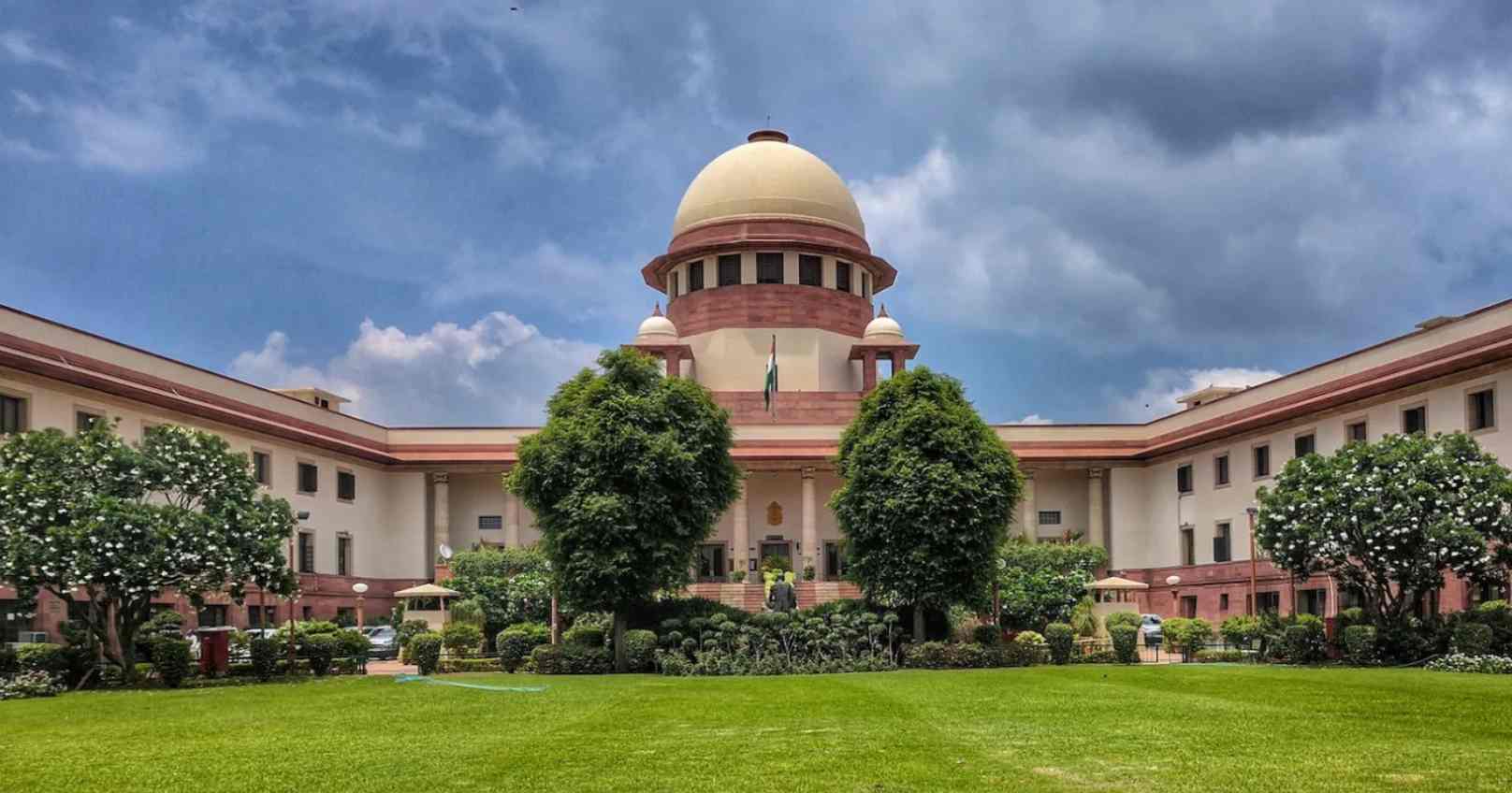Islamic Principles Forbid Live-in Relationships: High Court
The court also mentioned that the circumstances might be different if the two individuals were unmarried and as consenting adults, decided to lead their lives as they see fit
09-05-2024The Lucknow bench of the Allahabad High Court has ruled that married Muslim individuals cannot assert rights to a live-in relationship, citing that such arrangements are not permitted by Islamic principles while the spouse is alive. However, the court noted that the situation might be different if the individuals involved were unmarried adults choosing to live together as per their own preferences.
During a hearing on a writ petition by a couple seeking police protection, the bench of Justices AR Masoodi and AK Srivastava examined the case of Sneha Devi and Mohd Shadab Khan. The couple had requested protection under Article 21, arguing that they, as consenting adults, should be allowed to live together in a live-in relationship in accordance with Supreme Court norms.
However, it was revealed that Khan was already married and had a child with his wife since 2020. The court emphasized that Islamic principles do not sanction live-in relationships within the context of an existing marriage. It reiterated that the scenario might be different if the individuals involved were unmarried adults making their own choices about their lives.
The court declined to issue an order on the protection of life and liberty, stating that while constitutional morality might support such couples, in this case, the social morality prevailing through customs and traditions did not align with constitutional principles. The court emphasized that Article 21 of the Indian Constitution does not unequivocally support such rights, especially when customs and traditions prohibit relationships between individuals of different faiths.
(With inputs from PTI).


A PIL by Sanvedana Foundation challenges the IRDAI’s 2020 circular allowing insurers to exclude ep
Read More
A Delhi court has ruled against releasing hotel CCTV footage in a case involving two Army Majors, ci
Read More
Chief Justice BR Gavai has pushed back against criticism of the judiciary over case backlogs, saying
Read More